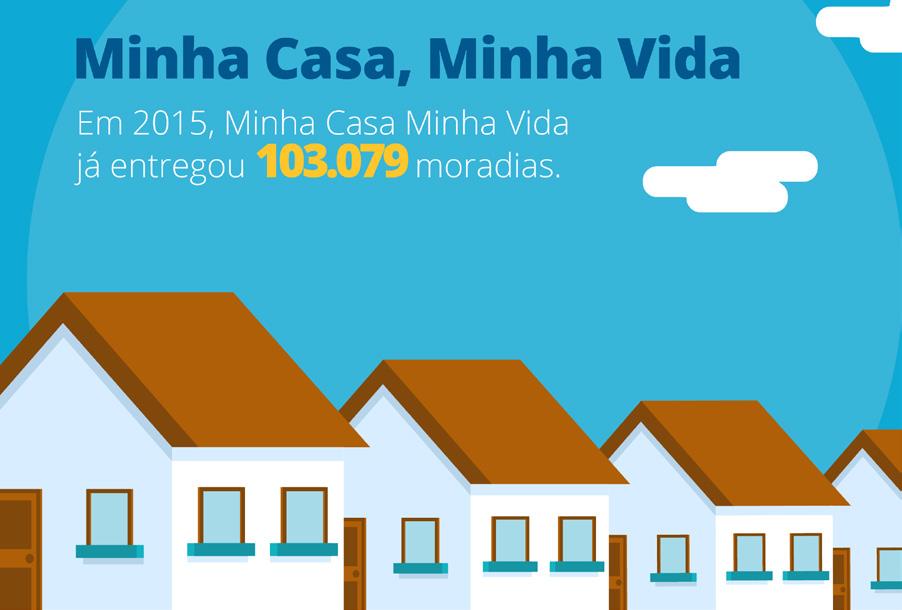
2 minute read
Tenure Security and Related Legal Frameworks
RECOMMENDATIONS
234-245 Images from the site
Ocupação Anchieta Association needs to strengthen its legal status by developing an action plan to better comply with the municipal master plan, especially regarding environmental protection. Furthermore, the Association should remain in contact with the Defensoria Pública (Public Defenders) and the Center Gaspar Garcia for Human Rights in order to remain informed about their rights and legal means to achieve tenure security.
Legal education can help Association coordinators to understand the complex legal frameworks and corresponding policies in place. Legal information can help residents to anticipate and respond to possible actions by other stakeholders, such as Instituto Anchieta Grajaú, the Federal prosecutors, and the several agencies within the municipal government. Without a thorough understanding of these facts, it would be difficult for residents to respond to any change of circumstances.
TENURE SECURITY AND RELATED LEGAL FRAMEWORKS
The 1988 Brazilian Constitution states that urban land should fulfill a “social function”, and in 2001, federal enabling legislation passed to put the concept into practice (Macedo, 2008, p. 259). The right to property is guaranteed, except in cases of expropriation for public need, or social interest, with advance and just indemnification. (The Constitution of Brazil, chapter II, article 141, paragraph 16, Macedo, 2008).
Thus, in Brazil, land occupiers can access land but also ensure relative tenure security without a formal land title. Further legislation has established the preemption rights of local governments for the projects of social housing. It also has enabled residents of informal settlements in urban areas to act as a group (such as a condominium association), and to demand possession of tracts that have been occupied for at least five years (Macedo, 2008).
246 In 2015, My House My Life Program has already delivered 103,079 houses.”
Supported by these legal frameworks, the municipality of São Paulo created a municipal master plan, which includes zoning ordinances that guide the residents’ tenure. Based on the new master plan, the city could, theoretically, take the land from the landowner, IAG, if the city considers the property “vacant property” that does not comply with its social function. If the city perceives the land to be an underused, unbuilt, or unutilized property, it gives the landowner a deadline to comply with the assigned social function. If this deadline passes without any changes, however, the city charges an-ever increasing tax, and, after five years, can expropriate the land as payment of government bonds. In addition, the master plan stipulates implementing housing policies for vulnerable social groups that can be applied to Occupation residents.
The municipal master plan clearly classifies Ocupação Anchieta as Special Zones of Social Interest, four, or ZEIS 4. (see the Chapter X, pXX). In general, ZEIS districts address the location of affordable housing in informal areas, especially for residents who earn less than three minimum wages per month (equal to or less than R$4650) ($1475






